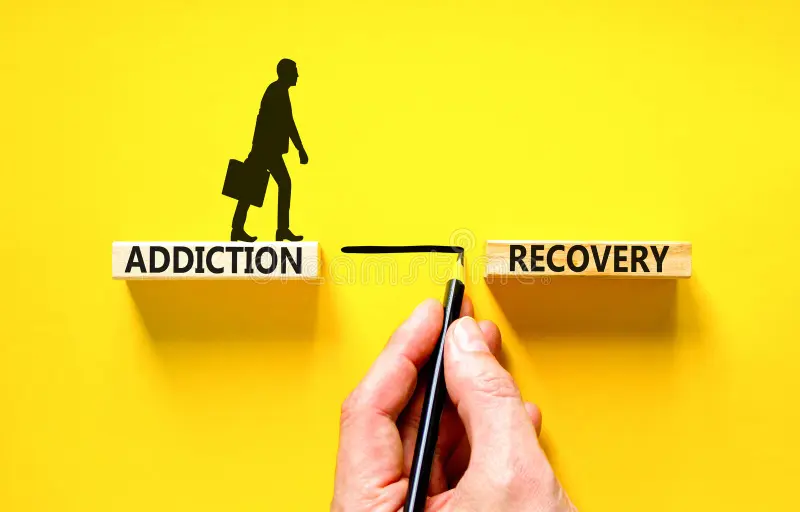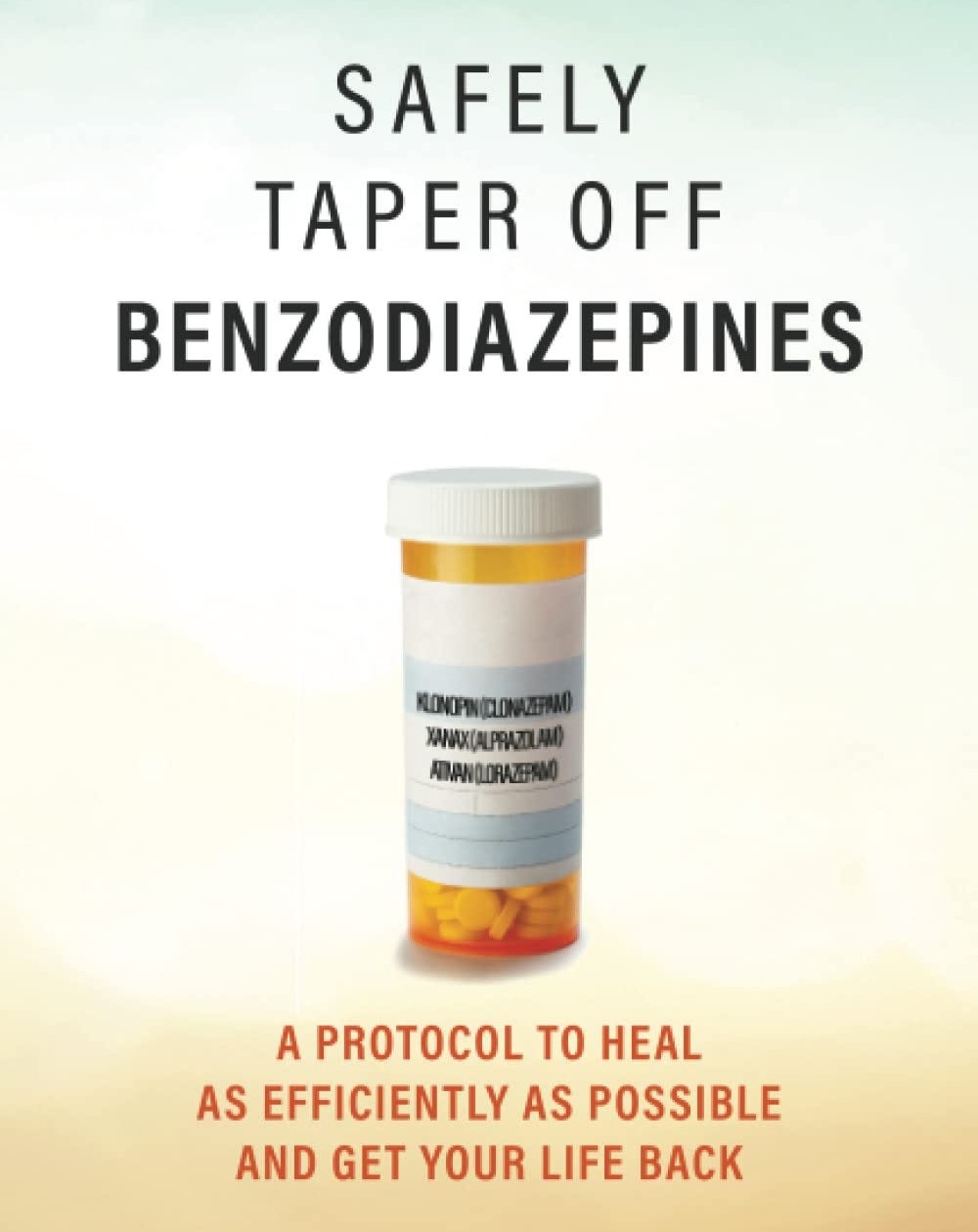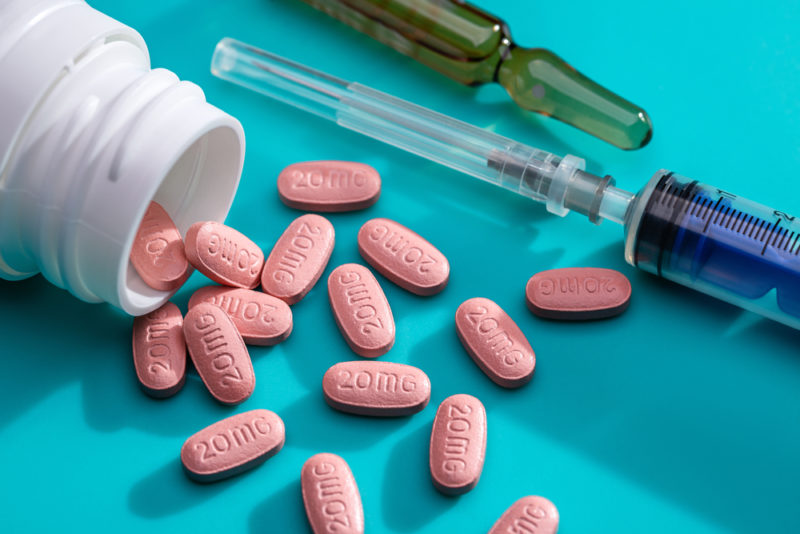Scams in SUD Treatment Facilities
SUD treatment scams target vulnerable people with false promises. Government rules enforce licensing, ban kickbacks, and control ads. Individuals protect themselves by researching and tracking choices. Families and community groups guide toward safe, ethical care, helping prevent exploitation and support recovery. Avoiding Deceptive Practices in SUD Treatment: A Guide for Families and Patients ✅ Ways … Read more









